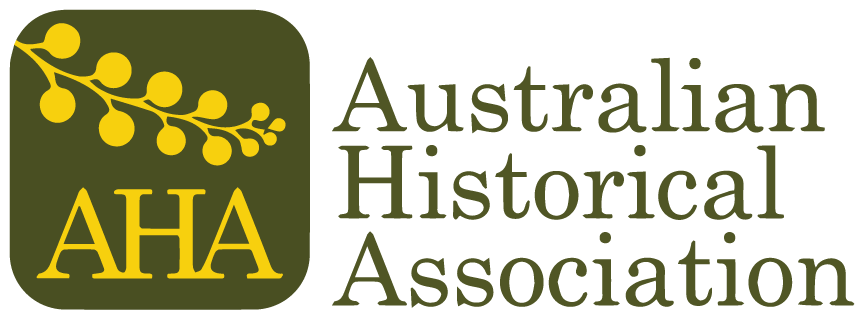JILLIAN ISOBEL ROE, 10 NOVEMBER 1940 – 12 JANUARY 2017
Among the remarkable group of women who transformed the Australian historical profession Jill Roe was the principal enabler. Having made her own career as a fine teacher and scholar, she applied her formidable talents to assisting others. As president of the Australian Historical Association from 1998 to 2002, she built up prizes and awards to give recognition to younger historians. She made the conferences and activities of the AHA occasions of moment and inclusion, affirmations of the importance of the profession.
That talent was exercised in other settings. She used her year as professor of Australian Studies at Harvard in 1994–95, and subsequent membership of the nominating committee, to build American connections for others. A longstanding member of the editorial board of the Australian Dictionary of Biography, and chair from 1996 to 2006, she embodied its cooperative endeavour. Her service between 1990 and 1992 on an Academic Standards Panel of the Australian Vice-Chancellors’ Committee that investigated fourth-year honours programs across the country, and then on the disciplinary panel of the Australian Research Council, gave a remarkable knowledge of what historians were doing and what they needed to do it better.
Jill had presence. I well recall the Canberra meeting of the Academy of Social Sciences in Australia when she joined it. The new fellows were invited to introduce themselves, and related their disciplinary affiliations and interests with understandable diffidence. The order was alphabetical, so Jill stood up towards the end of the procedure and announced she was a historian with a particular interest in Miles Franklin. Looking about her at the serried ranks of venerable professors, she added that the occasion reminded of an observation of Miles that the landscape was too much cluttered by men.
Jill’s own personal chair came late. From Tumby Bay on the Eyre Peninsula, she made her way from an honours degree at the University of Adelaide (an early product of that distinguished female cohort that came from Hugh Stretton’s history department) to an MA at the Australian National University and, in 1967, to a tutorship at the fledgling Macquarie University. The university’s history has a photograph of her conducting a tutorial – and it can be dated as very early since the class consisted of six students, three on each side of the table. Jill appears at its head, eyes bright and leaning forward with one hand cradling her chin. All the students are attending to her. But even then the university was under strain. Elsewhere in the history Bruce Mansfield recalls Jill’s suggestion there should be a course in ‘Queuing I’.
Jill became a lecturer in 1968 and a senior lecturer in 1976. In that year her book Social Policy in Australia appeared, a remarkably innovative selection of writings by others with an extended commentary that recast the subject. She followed it up with the edited collection Twentieth-Century Sydney (1980) and another collection Unemployment? Are There Lessons from History? (1985). From urban and social history she turned in the following year to the path-breaking exploration of theosophy in Australia, Beyond Belief. By the 1990s she was immersed in Miles Franklin, with two volumes of edited correspondence and other studies culminating in the prize-winning biography in 2008.
Jill displayed great loyalty to her colleagues and university. She had to wait for a personal chair until 1996 but we gained from Macquarie’s tardiness as she exercised national leadership of the profession at large. I had most to do with her in this phase of her career and benefitted particularly from her enterprise and insight. She could see opportunities and cajole others to take them. Most of all, working with Jill was fun. Her warmth and wry appreciation of human foibles enlivened even the most mundane activity. I shall miss her greatly.
Professor Stuart Macintyre
